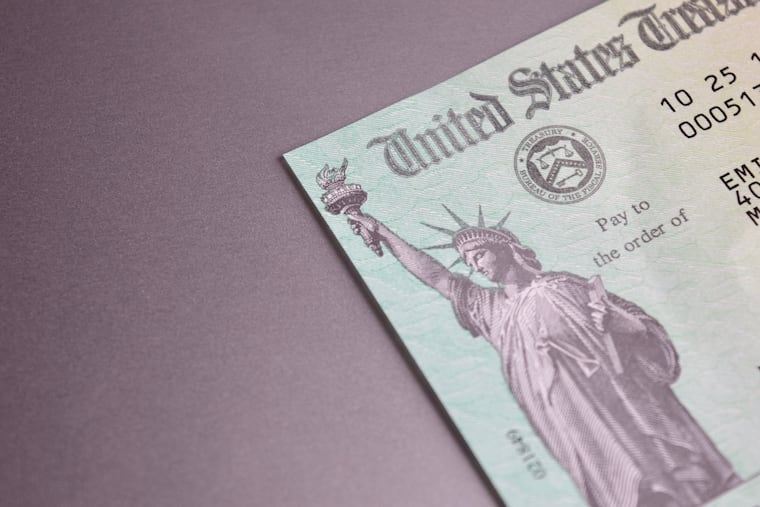The return of a modified child tax credit is welcome, but it should just be a start | Editorial
Although it is not as generous as the payments offered during the pandemic, the allowance could prove vital for families who need it. But fully restoring the program should remain a goal.

Amid job cuts, salary reductions, and the overall sense of economic uncertainty that defined the pandemic, many parents were able to find one small source of financial solace when COVID-19 was at its peak: the federal child tax credit.
While child allowances, childcare subsidies, and other programs had existed before, the expanded tax credit that started in July 2021 was different. Rather than collecting one lump-sum payment at tax season, parents were issued monthly checks of up to $300 per child. Every family was eligible, as long as they made less than $150,000 per year.
The program was so successful that despite the fiscal headwinds that battered the global economy and prompted mass layoffs across multiple job sectors, child poverty in America actually dropped by 46%.
Still, because of opposition from Democratic Sen. Joe Manchin of West Virginia and some Republicans, the measure was allowed to expire. Despite abundant evidence to the contrary, Manchin and other skeptics maintained that some parents might misuse the money.
The expanded version of the program ended in December 2021, and now 15 million American children live in poverty, erasing virtually all of the gains made during the broader tax credit’s existence.
Thankfully, lawmakers have decided to bring back a modified version of the program — even if, as is often the case with bipartisan compromises, it won’t be as effective as advocates might have hoped.
The new enhanced tax credit won’t reduce poverty as much as the pandemic-era allowance. That’s mostly because of objections by conservative lawmakers to what’s called “full refundability” — a provision that would allow filers who owe little to no taxes to claim a $2,000 credit instead of the current limit of $1,600.
Many right-leaning legislators saw this provision as a form of welfare and demanded its removal. Some economists suggested that it made new mothers less likely to work, claiming that Congress could “run the risk of increasing the number of single-parent families in which no one is employed.”
Thanks to this specious, Ronald Reagan-esque logic — which was reminiscent of the objections over supposed “welfare queens” in the 1980s and ‘90s — about 19 million children miss out on the full credit because their parents don’t make enough money.
Beyond taking money away from some of the nation’s neediest families, the insistence by Republicans on partial refundability also prevented monthly payments. That’s because, in the newest version of the enhanced child tax credit, each child now gets a distinct amount of money, determined by their parents’ income. The credit also cannot exceed $2,000.
Despite these restrictions, the enhanced credit is still a step in the right direction. While the dream of a return to the more generous child allowance may have to wait for the next Democratic trifecta in Washington, the current edition of the bill will still have an impact, especially for working-class families.
For Philadelphia, the nation’s poorest big city, a continuation of the pandemic-era credits would be a game changer. Despite Center City’s resurgence and mild decreases in poverty rates, the gaps in education, nutrition, and overall outcomes for children who live in Philadelphia vs. those in the suburbs remain stark.
For advocates, the transformational and poverty-eradicating potential of a fully restored allowance should remain the goal.
In the meantime, however, President Joe Biden and Senate Democrats should take what they can get.